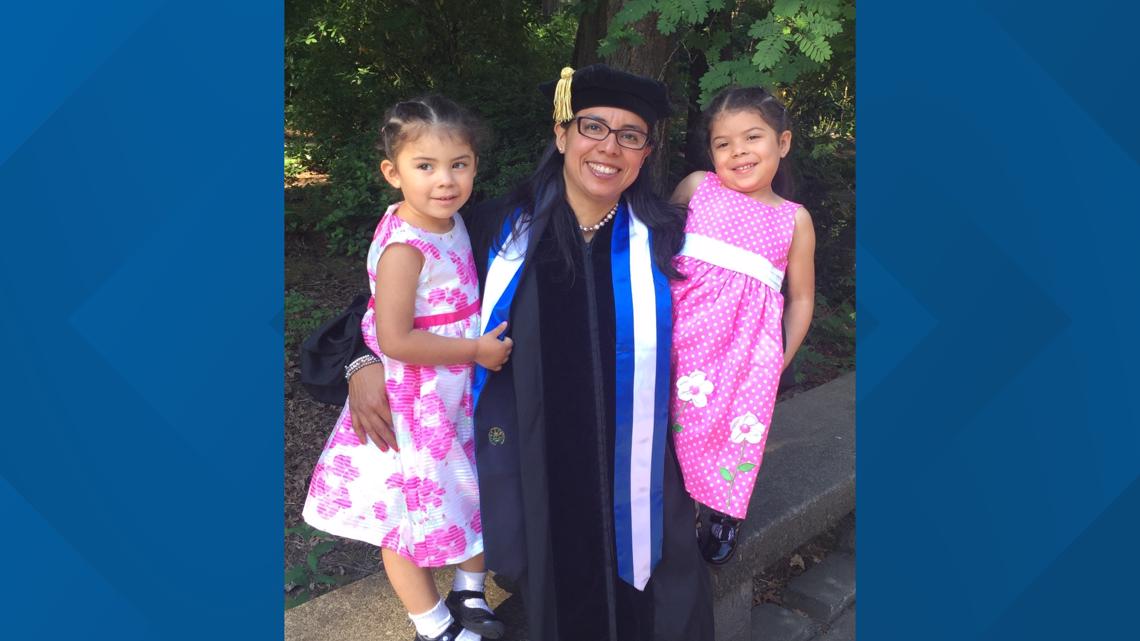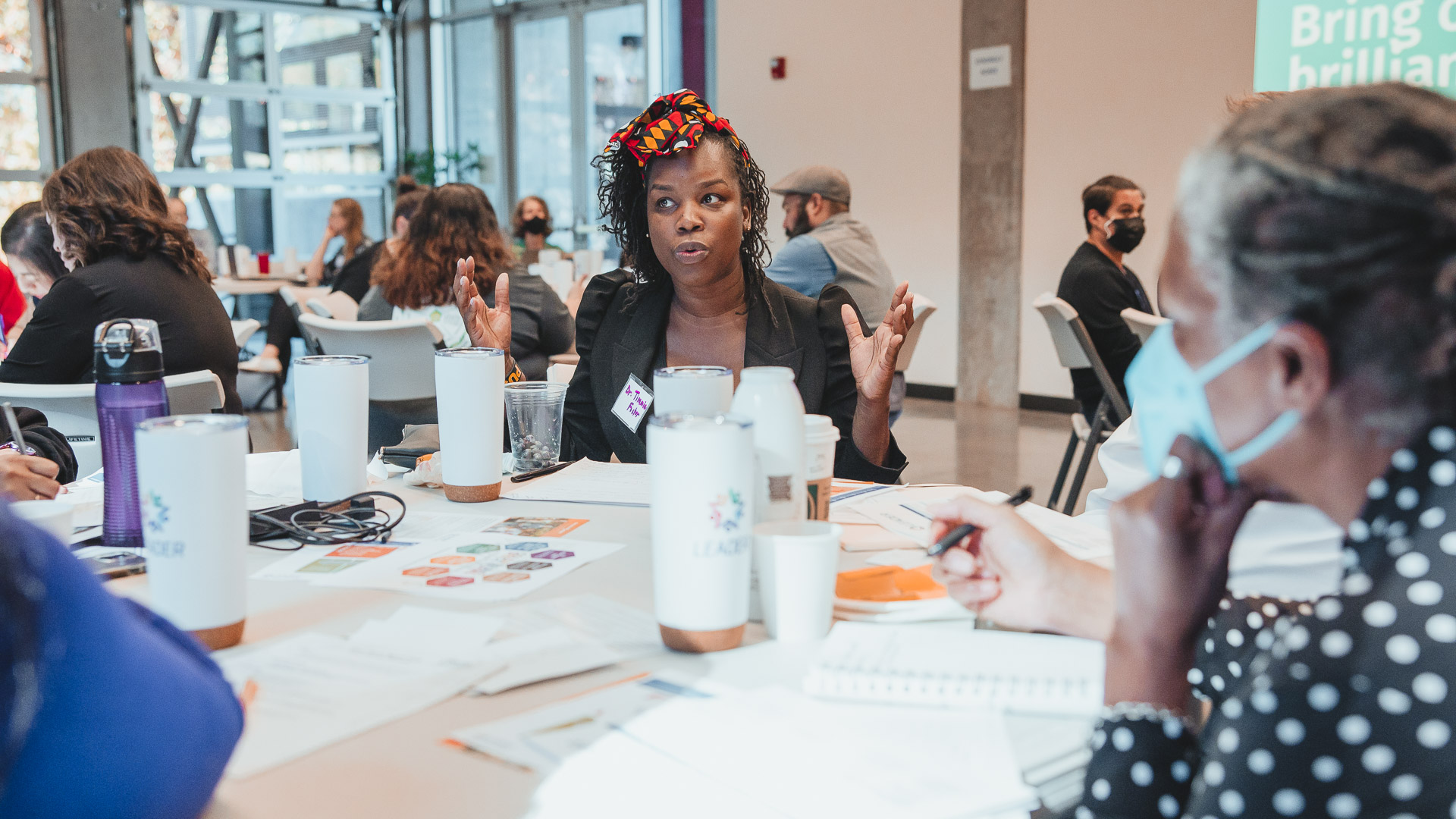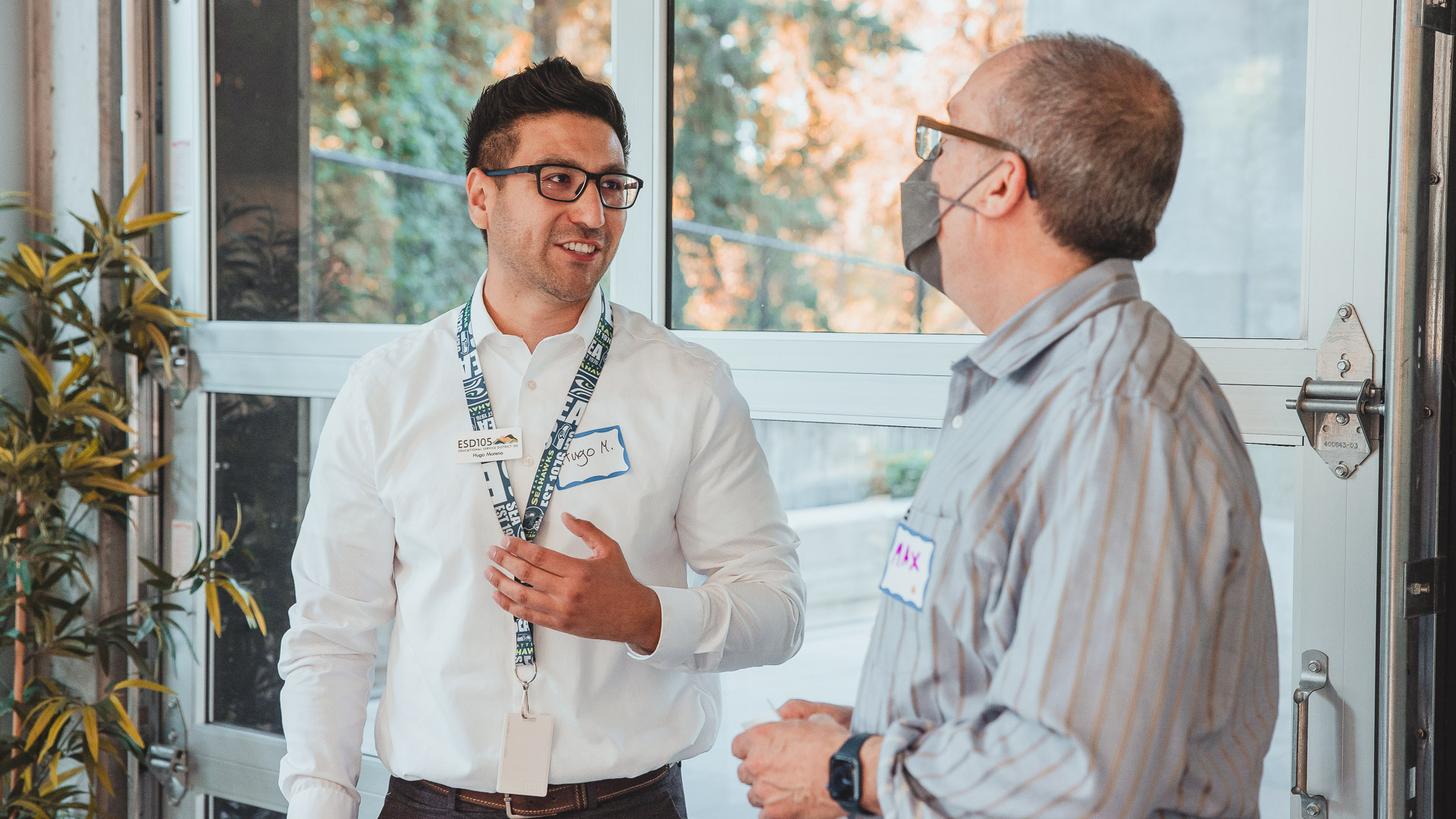
“When I started student teaching, my school consisted of an all-white mono-lingual staff teaching predominantly Latino Spanish speaking students. I was going home with migraines and thinking, this cannot be how we treat or educate children. I was the only Spanish speaking adult to communicate with students and parents,” says Dr. Karen Pérez, a multi-lingual and bi-cultural long-time educator and an equity and systems improvements leader at Education Northwest. “Then I found a bilingual school down the street with white, brown and Black students, where everyone spoke Spanish, that welcomed students, parents and staff and where I felt at home and stayed for 18 years. That’s what I want for all students, families and staff —welcoming learning environments that value identities, cultures and languages.”
Pérez and her colleagues at Education Northwest support the LEADER Initiative by assisting with learning design and development and capacity building and training, with the end goal of addressing systemic inequities in education and helping all children and youth reach their full potential.
Celeste Janssen, a senior expert at Education Northwest, talks about the opportunities in this work. “The teacher shortage happening right now is so intense and pervasive,” she says. Although this creates many challenges, she sees the promise in so many openings to bring in staff and recruit in ways that could impact education for years to come.
Designed to harness the power and brilliance of collective learning, the LEADER Initiative combines two-year planning grants with communities of practice. As the communities of practice project manager, Janssen and the team at Education Northwest collaborated with College Spark on the design and are involved in setting up, managing, implementing and facilitating events over the next two years. The first was an in-person gathering in September of 2022 of core teams and regional partners, with eight virtual meetings through May. The time will be spent on partner mapping, coalition building, and strategizing. Some sessions will be led by outside experts, while others will involve core teams or their partners, depending on the needs of the work at hand.
“It’s not just what you do, but how you do it,” says Janssen.
To set the tone for how the groups come together, everyone participated in a half-day Equity Matters Color Brave Space Norms training and each session will begin with a focus on creating equitable norms in a community learning space. This approach includes continually reflecting on how to make everyone feel comfortable participating. “Everyone comes as a learner,” says Pérez.
An advisory committee with deep knowledge of the Washington education system and existing relationships with LEADER partners further ensures that the learning community leads the initiative. “They are helping to co-design a community of practice infused with expertise, knowledge, and attention to things that matter to College Spark and these sites,” says Janssen.
While the need to diversify the educator workforce and address inequity in education is urgent, it’s not something that can be rushed. “You need to slow down and analyze what you want to do,” says Pérez. “You need to take into account your current partners and their strengths and what will keep you from replicating systems of inequities. It’s about seeing how you can do something different than the status quo.”


Pérez is excited about the magnitude of the initiative, of having ten diverse Educational Service Districts (ESDs) all over the state, plus partnerships with Washington Ethnic Studies, Technology Access Foundation, alongside university partnerships all coming together and learning from each other. “For many years, people have wanted to diversify the workforce, trying this or that but not systemically knowing how,” she says. “In addition to addressing racial inequities, the Initiative is looking at not just sustaining but advancing change and not just in your region but at the state and federal level, starting small and building out.”
“College Spark has designed this initiative to be really inclusive,” says Janssen. “It’s not just an organization receiving funding, but they also considered how grantees are connecting with local tribal leaders, local universities, teacher prep programs, and culturally responsive organizations. This initiative is a wonderful example of moving from the old style of philanthropy to something different and more collaborative.”
Working as a collective also creates more momentum. “For our bilingual, bicultural multiethnic communities, it’s not the most welcoming time in our country’s history,” says Pérez. “To have people leaning in and going against that grain to figure out how to change systemic issues intentionally gives energy and hope.”
Find out how you can Get Involved, explore our virtual Events, or sign up below for news updates about the LEADER initiative.
Get the latest — subscribe to our electronic newsletter.
By signing up you agree to receive occasional communications from College Spark Washington. You can unsubscribe at any time. We respect your right to privacy. Please review our Privacy Policy
